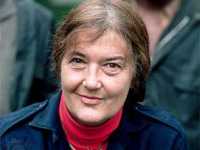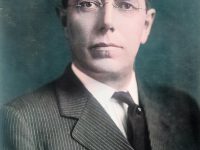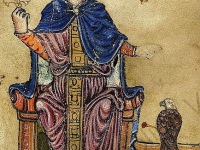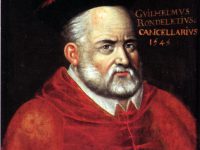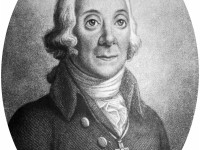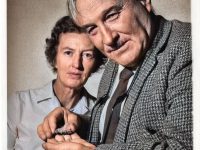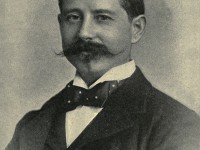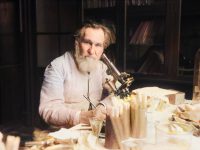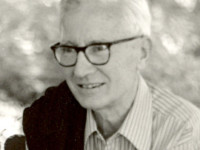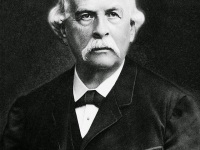Gorillas in the Mist – The Life of Dian Fossey
On December 26, 1985, American zoologist, primatologist, and anthropologist Dian Fossey was killed. She is best known for her extensive study of gorilla groups over a period of 18 years in they mountain forests of Rwanda. Her 1983 book, Gorillas in the Mist,[11] combines her scientific study of the mountain gorilla at Karisoke Research Center with her own personal story. “When you realize the value of all life, you dwell less on what…
Read more

